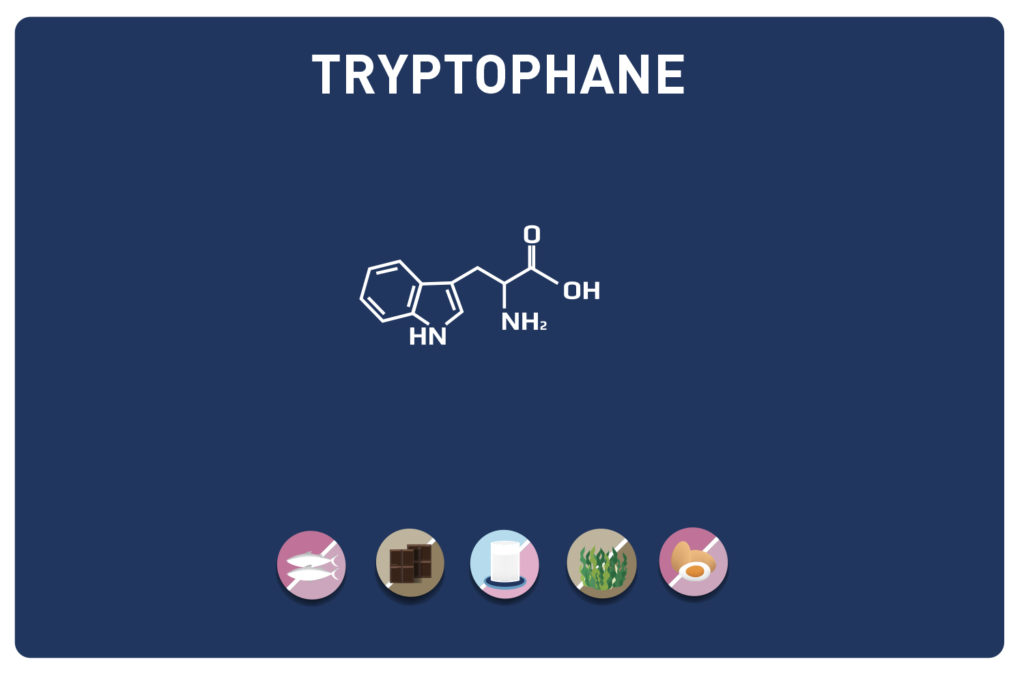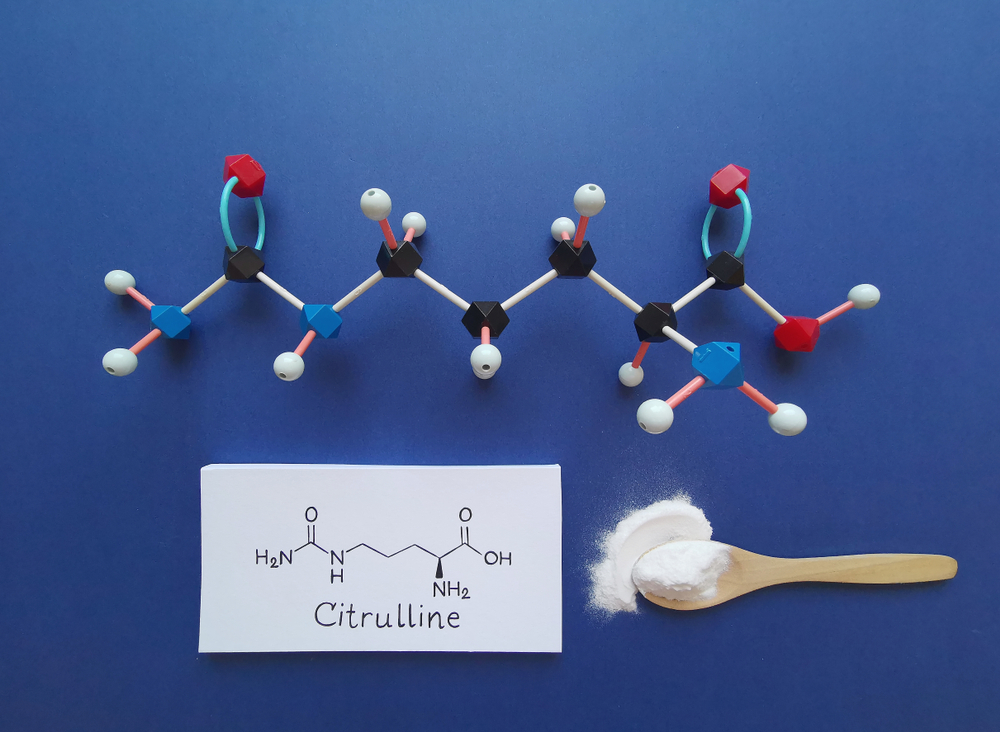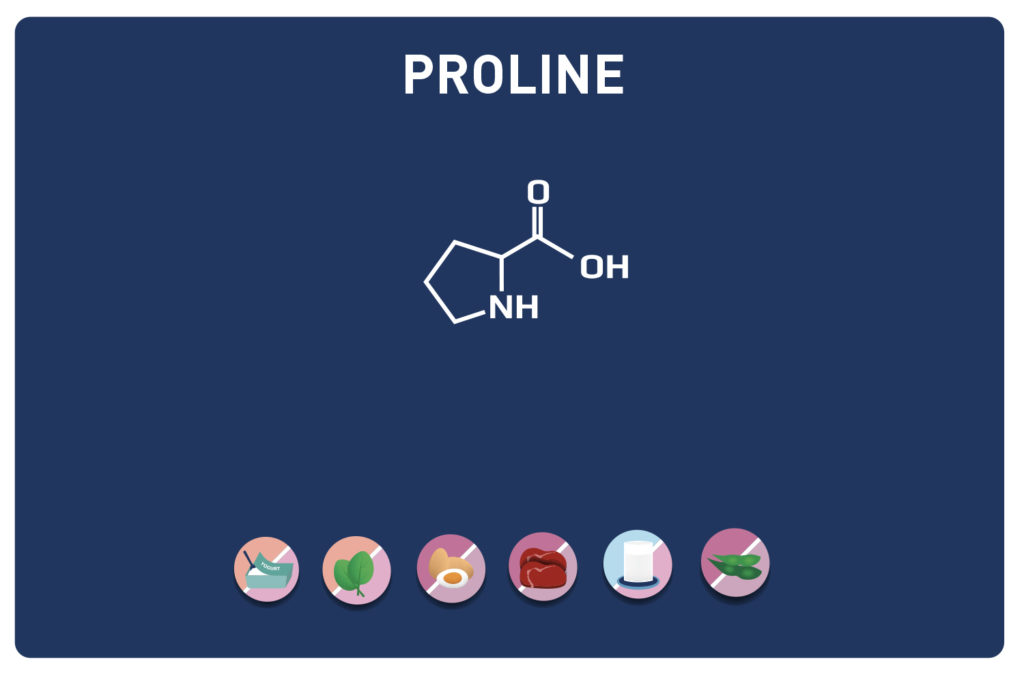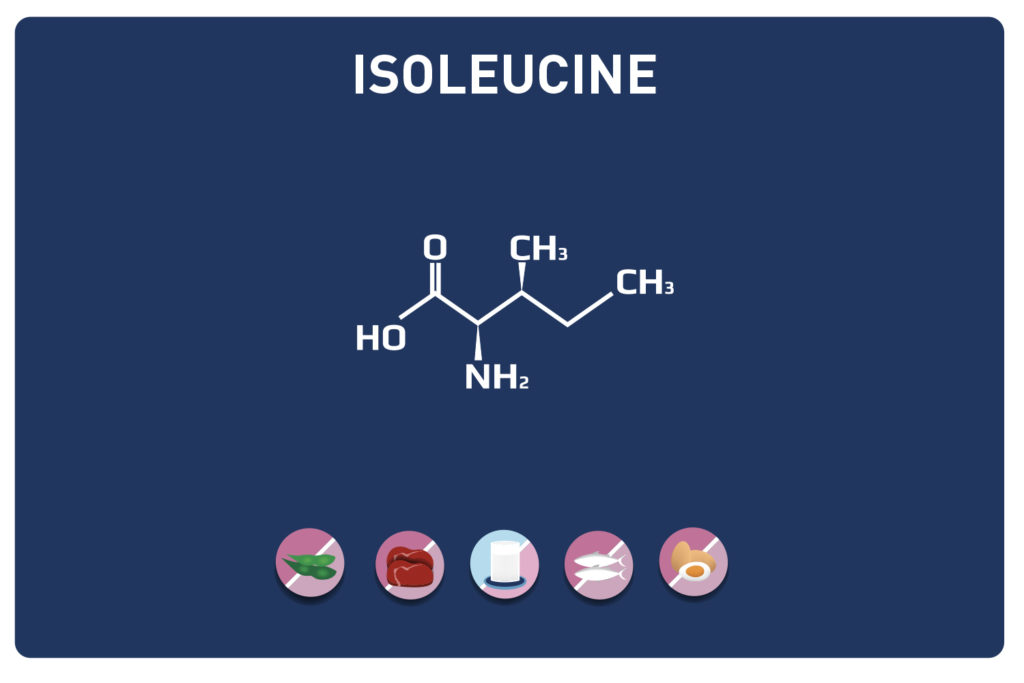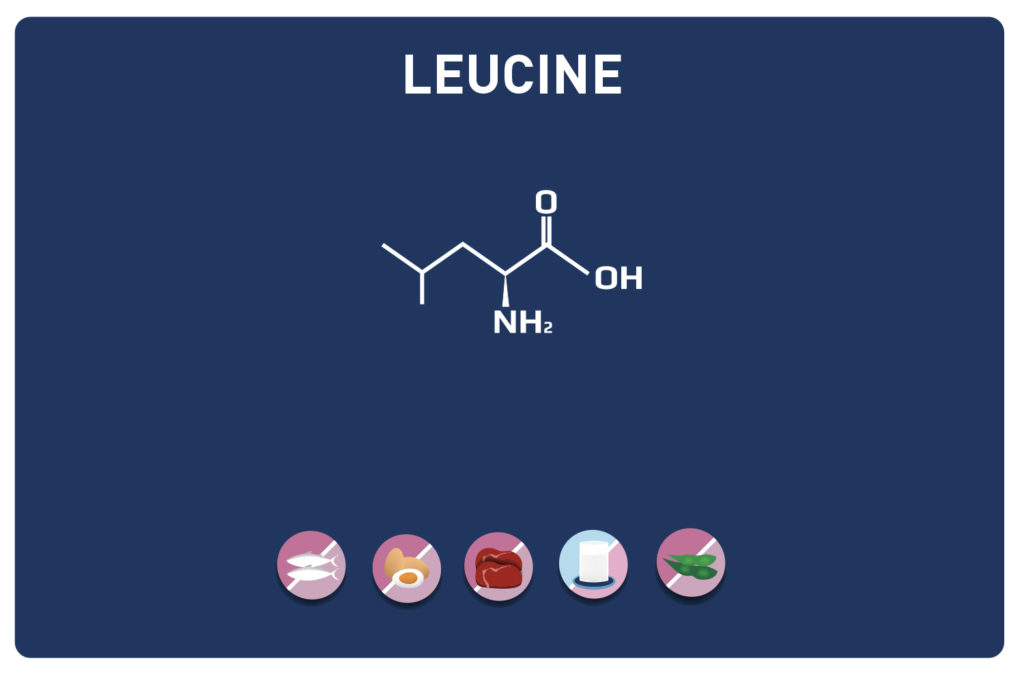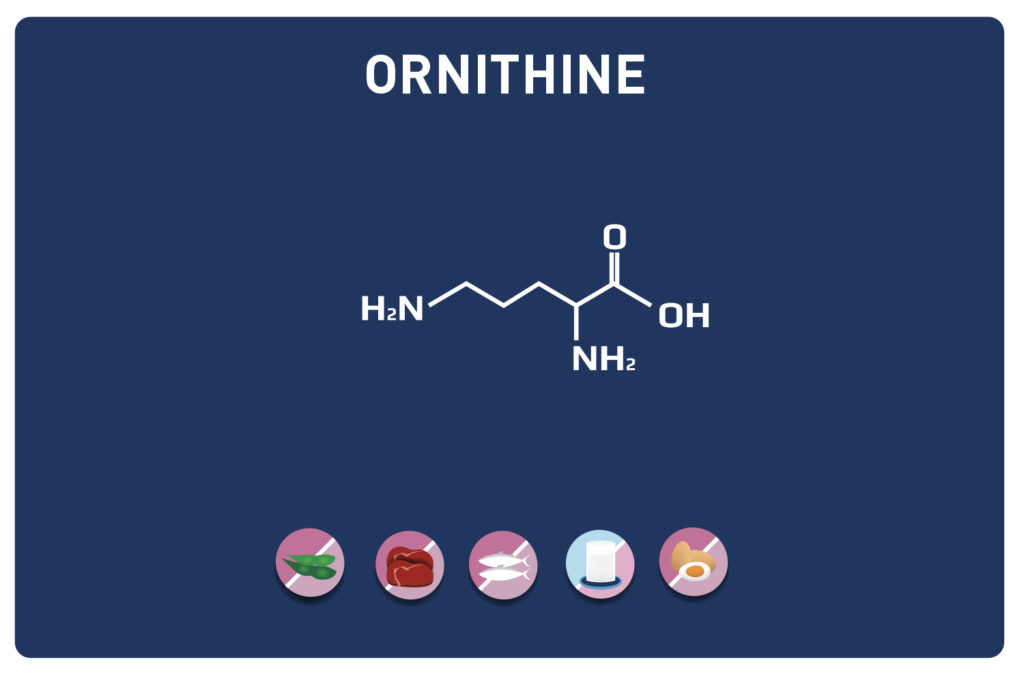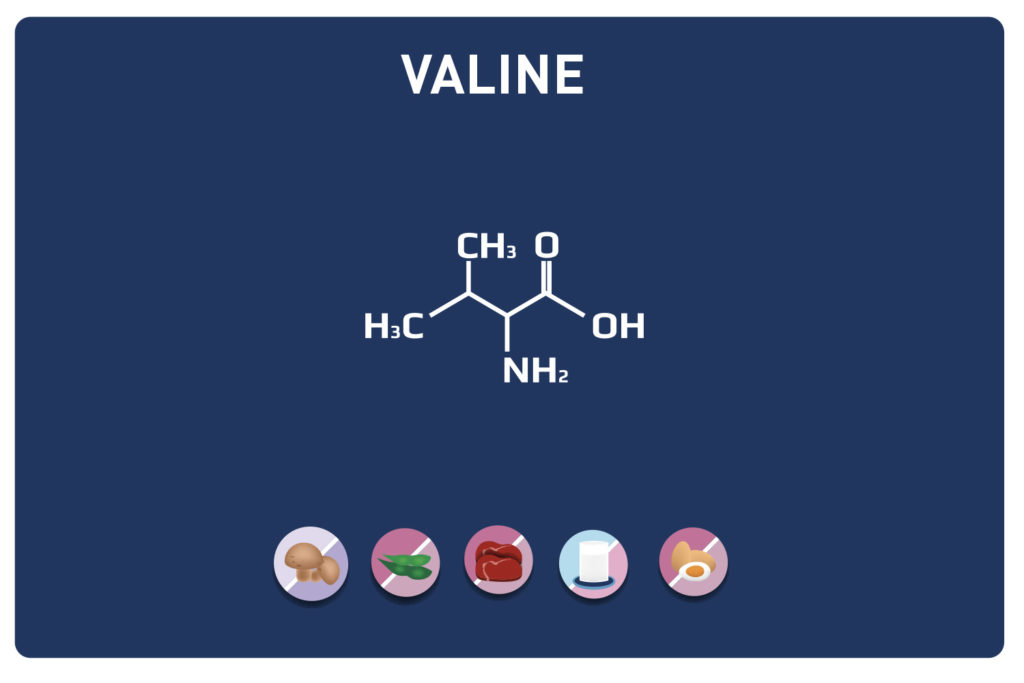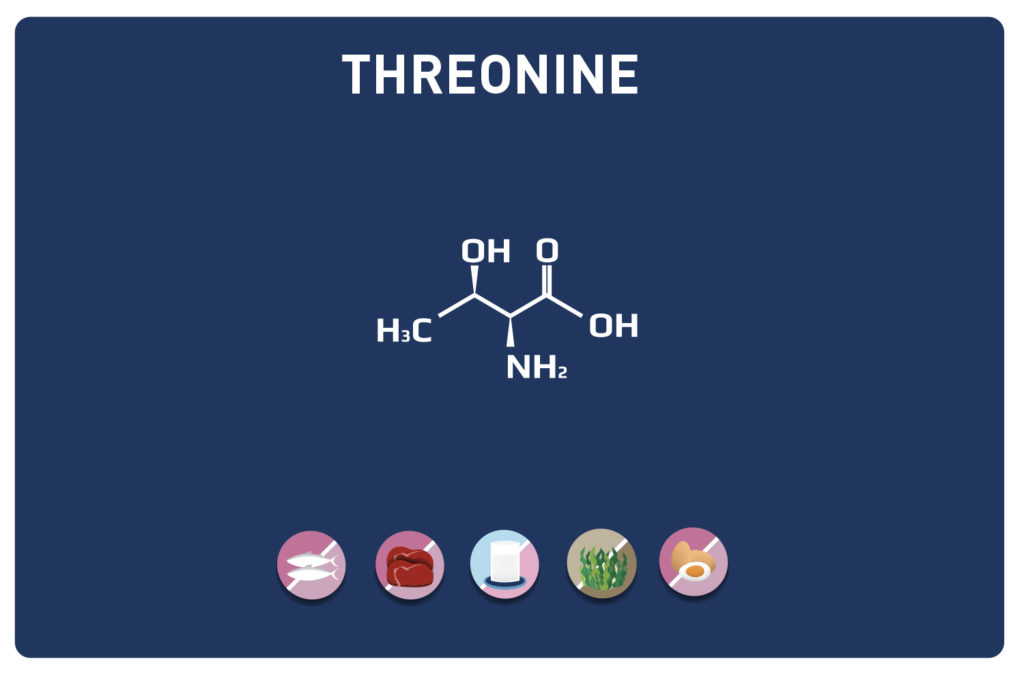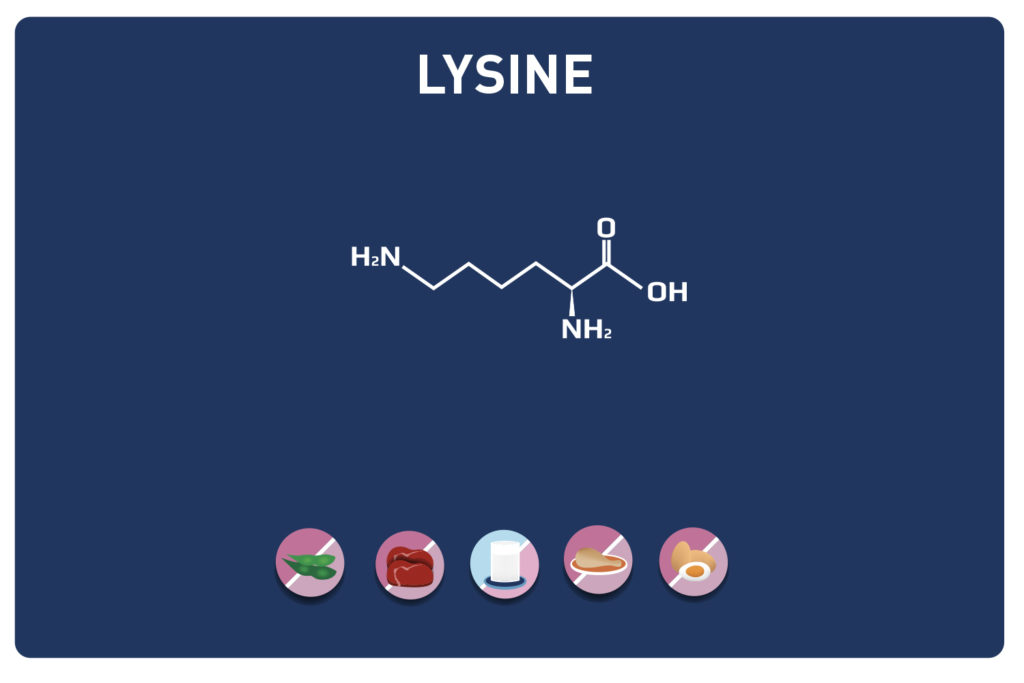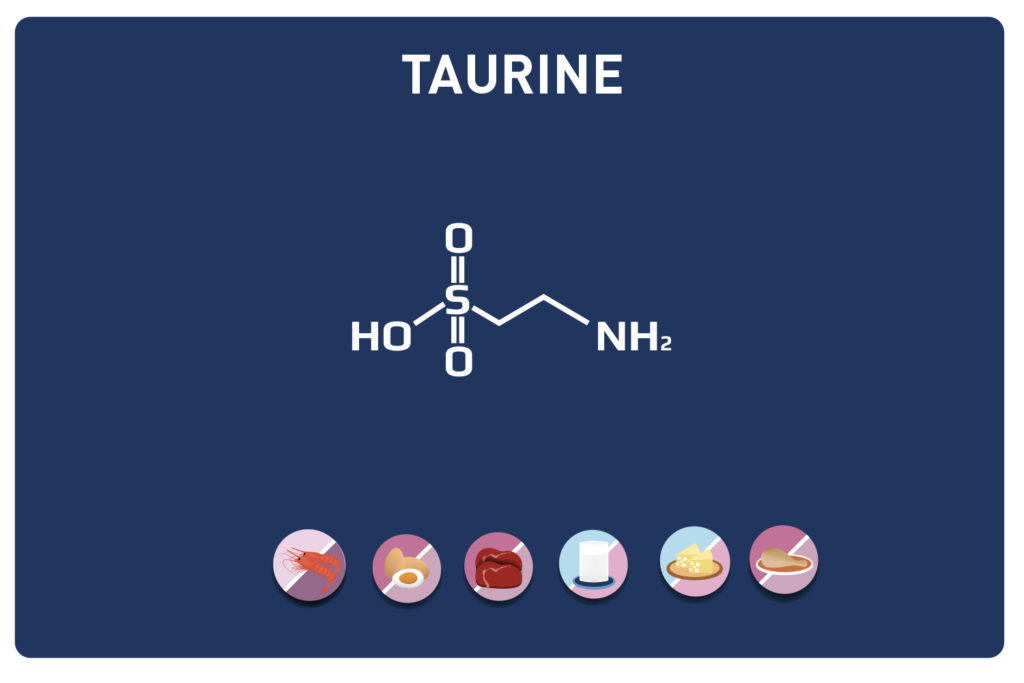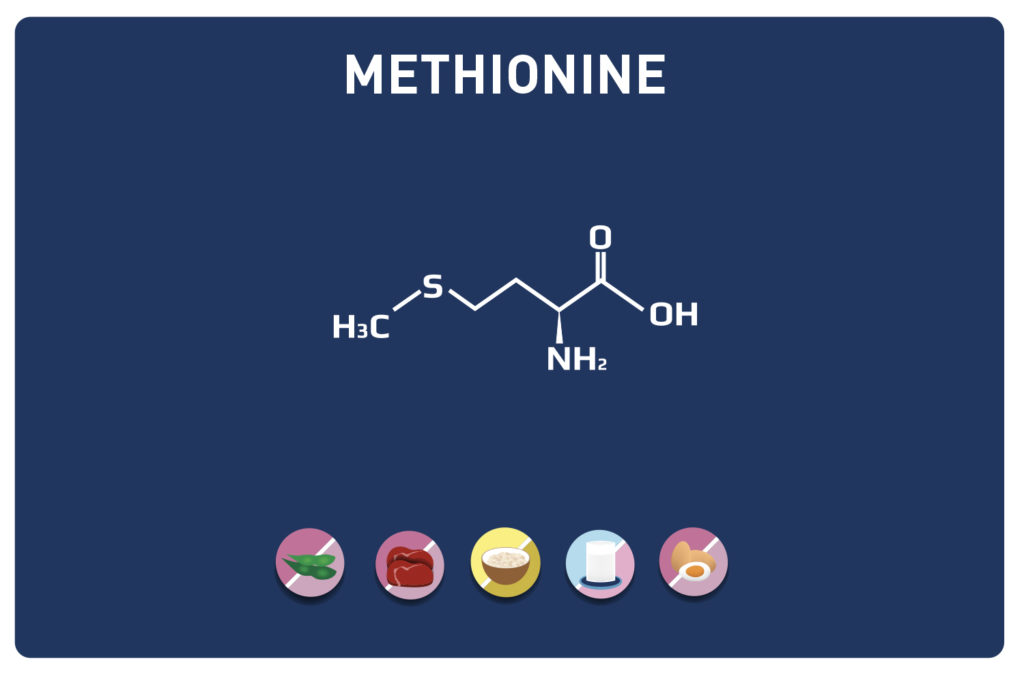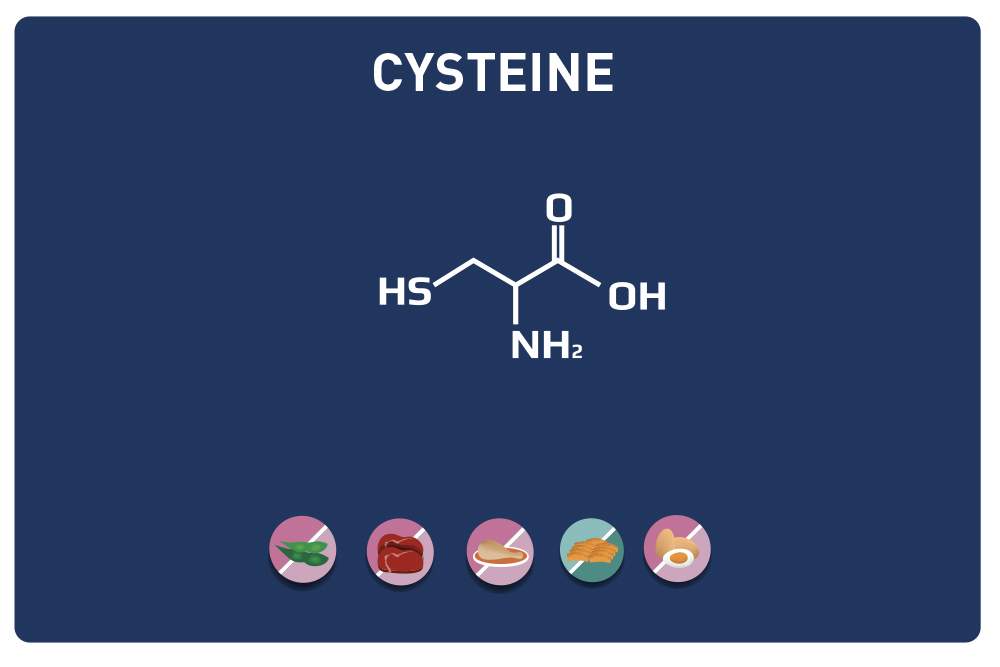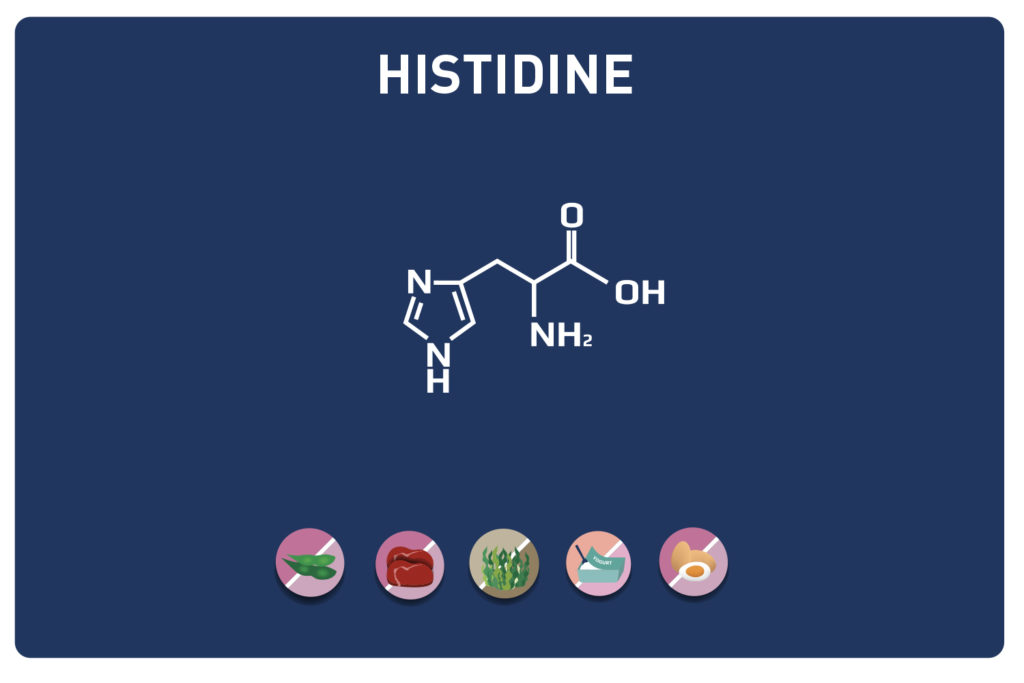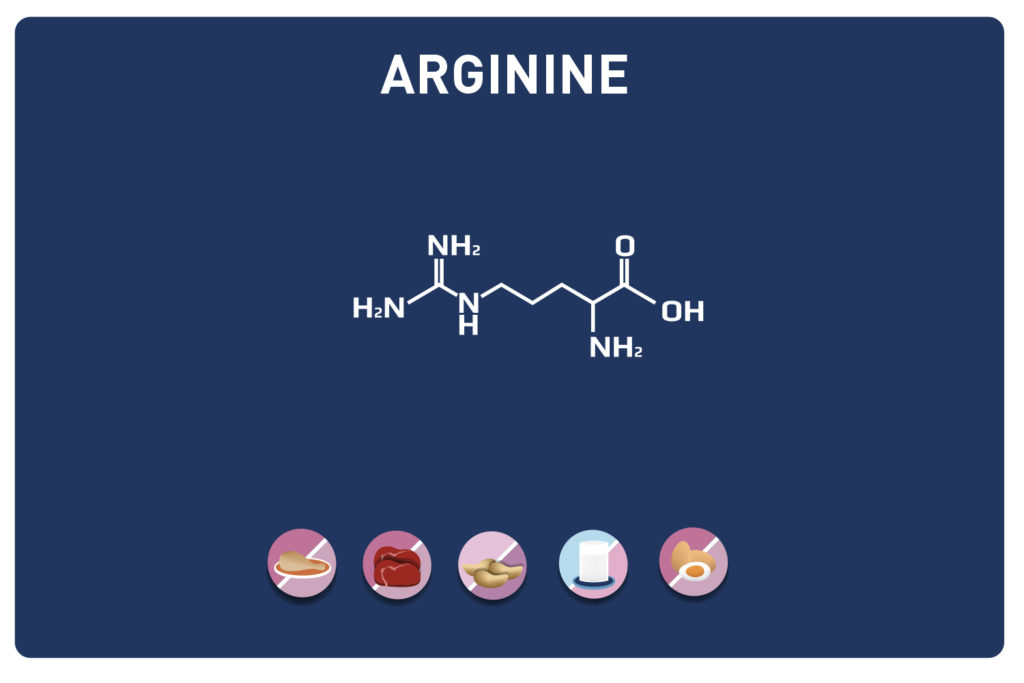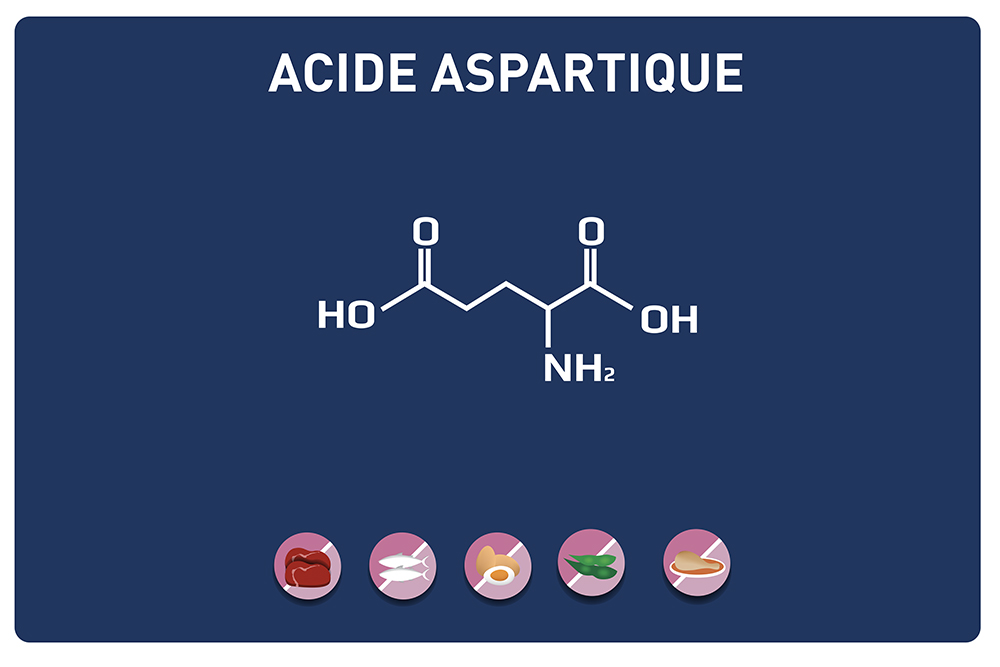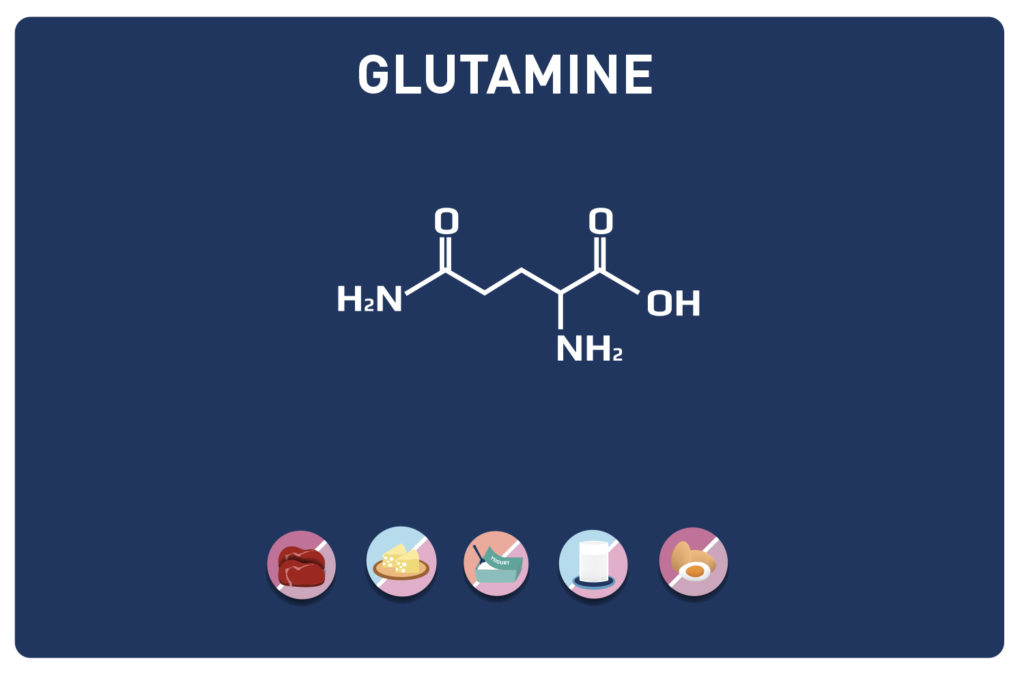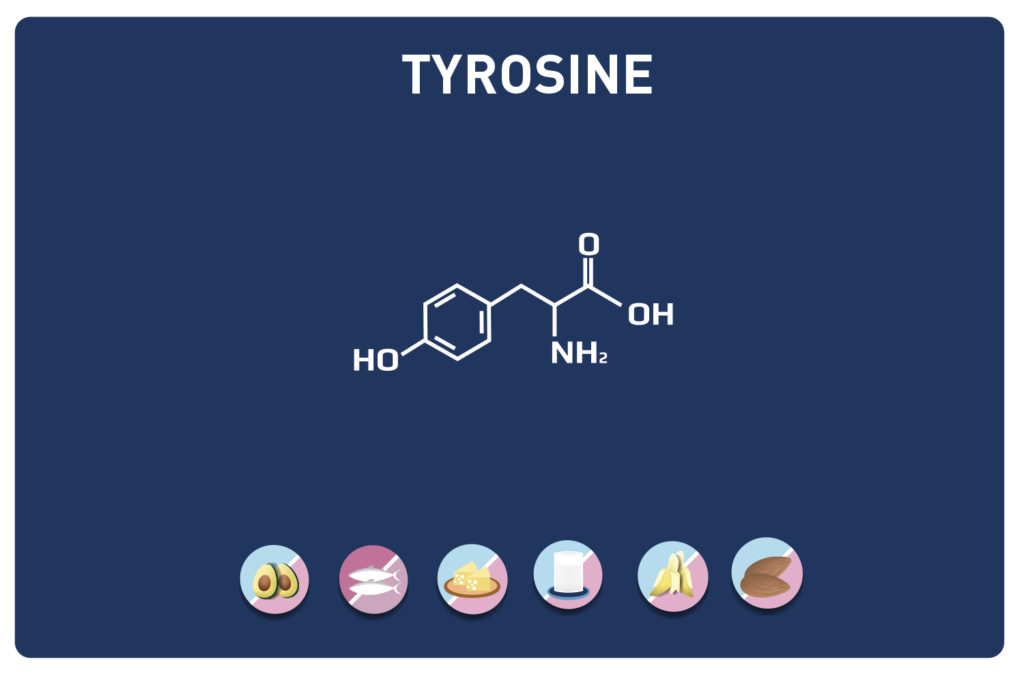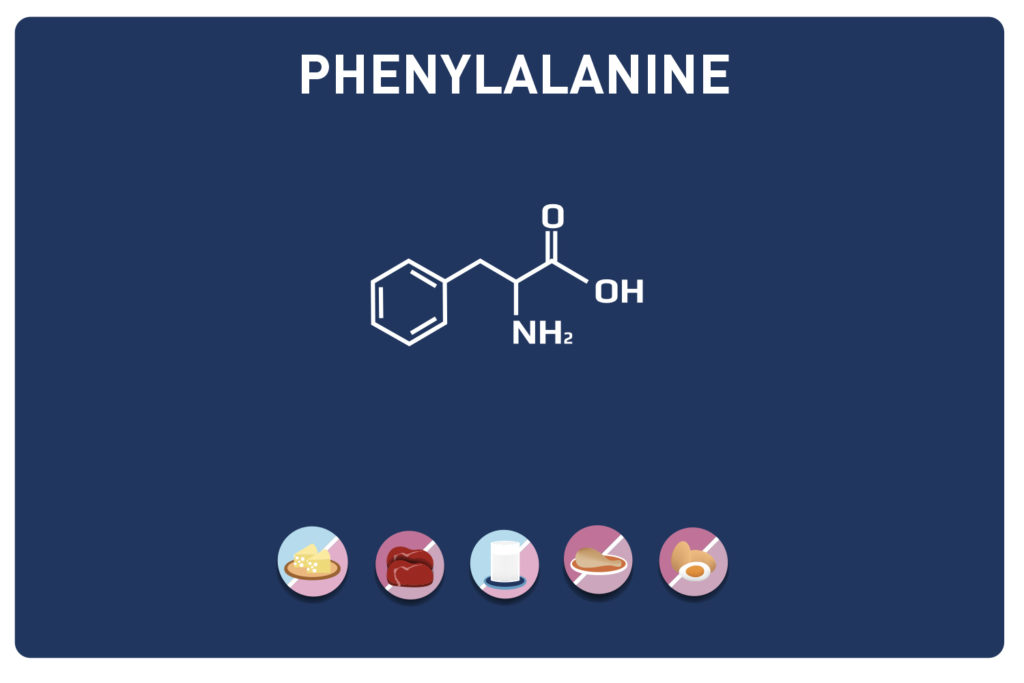Tryptophan is one of the seven essential amino acids, i. e. it must be provided by the diet because our body cannot synthesise it. It is a so-called aromatic amino acid (like phenylalanine and tyrosine) that is both rare (1% of the amino acids present in proteins) and very fragile.
Precursor of serotonin, melatonin and niacin (Vitamin B3), tryptophan is a calming, anti-depressant and sleep inducer.
Discovered in 1901, it has been used for many years to combat depression, promote weight loss and sleep.
With regard to weight loss, it is known that stress can lead some people to consume large quantities of carbohydrates which cause a momentary feeling of well-being but which unfortunately increase calorie intake and promote fat storage. Taking Tryptophan or 5-HTP (5-Hydroxytryptophan) helps to improve the psychological state while avoiding excess weight.
Tryptophan stimulates the release of growth hormone and participates in the formation of lymphocytes which are essential for the immune system.
BCAAs and other aromatic amino acids (Tyrosine and Phenylalanine) compete with Tryptophan at the entrance to the brain.
SEROTONIN
An amine present in most tissues of the body, it acts as a chemical mediator. It plays a fundamental role in many functions, particularly in the control of appetite and mood as well as in depression and anxiety.
In the brain, Tryptophan is transformed after hydroxylation into 5-HTP (5-Hydroxytryptophan) to give serotonin.
TRYPTOPHAN: THE RETURN
In the United States, in 1989 Tryptophan had been implicated in an epidemic of a new disease: eosinophilia-myalgia syndrome. This disease resulted in the death of 37 people and crippled over a thousand.
The Japanese company Showa Denko, responsible for the marketing of this food supplement produced by the genetic manipulation of a bacterium, and following a bad filtration allowing a contaminant to pass, is indeed the real cause of what has led for about fifteen
years the banning of Tryptophan as a dietary supplement. . . However, one cannot ignore the fact that this ban came at the same time as the launch of Prozac. . . so?
We now know that Tryptophan cannot be implicated in eosinophilia-myalgia syndrome and that it was a toxic metabolite.

